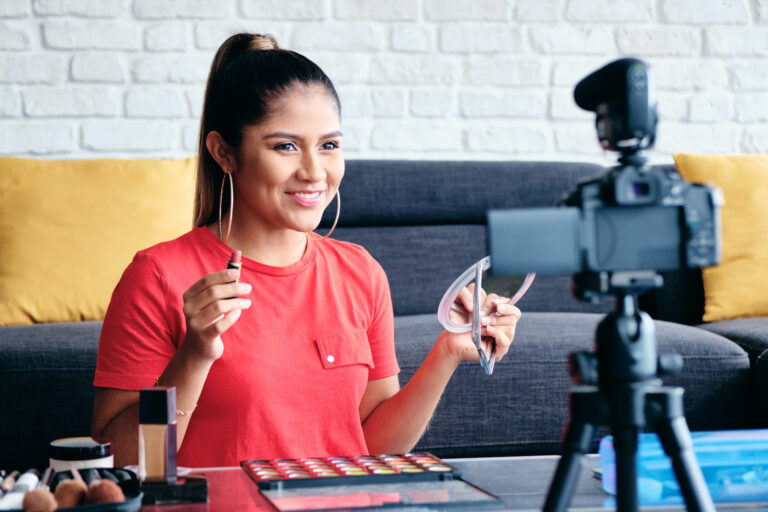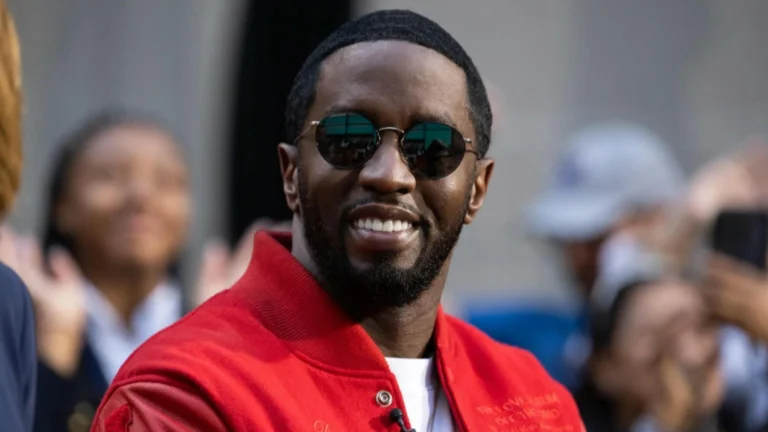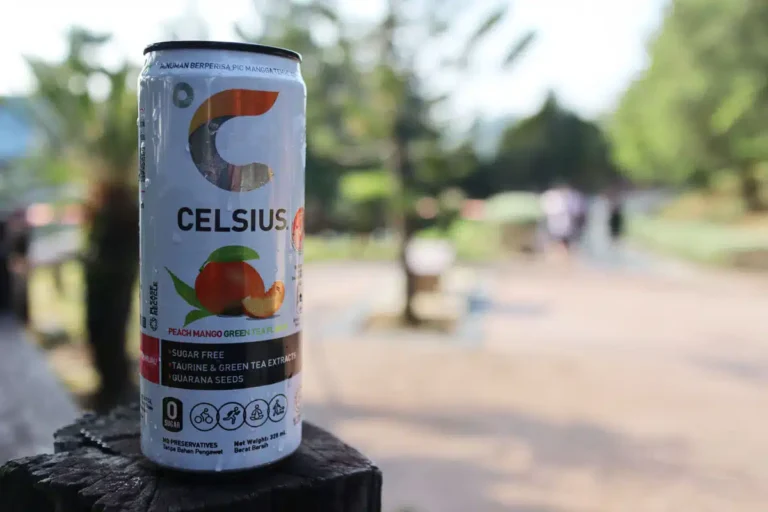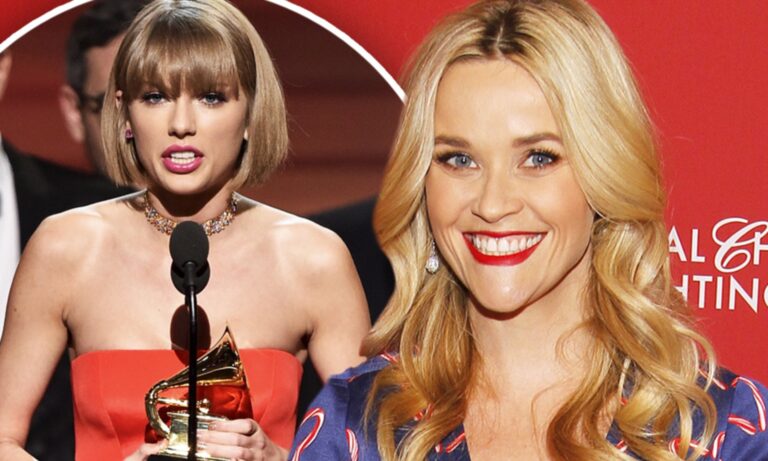Shein Influencer Class-Action: What Creators Should Know
Introduction
One of the largest fast-fashion brands in the world, Shein, is now at the center of a major class-action lawsuit—but this time, it’s not just about labor or copyright issues. It’s directly impacting influencers who’ve promoted the brand.
In mid-2025, several influencers were named in a class-action complaint alongside Shein, accused of promoting a company allegedly involved in unethical practices—without disclosing what they knew.
If you’re a creator who has ever worked with Shein, even just tagging the brand or unboxing its products, this article is for you. We’ll explain:
- What the lawsuit is about
- What influencers are accused of
- What this means for micro and macro creators
- Legal risks of brand endorsements
- How to protect yourself going forward
What Is the Shein Class-Action Lawsuit?
The lawsuit, filed in a U.S. federal court in May 2025, accuses Shein of:
- Labor law violations
- Environmental harm
- Deceptive advertising practices
- Violating consumer protection laws
But here’s the twist: influencers were named as “co-defendants” in a portion of the suit—allegedly amplifying Shein’s brand with misleading or untruthful promotions.
Why Are Influencers Included?
The class-action claims certain influencers:
- Knew or should have known about unethical labor practices
- Continued promoting the brand without disclosing controversy
- Gave false impressions of quality, sustainability, or ethics
- Benefited financially while consumers were misled
Essentially, plaintiffs argue that:
Influencers served as paid spokespeople for harmful conduct—and should share responsibility.
This is a first-of-its-kind inclusion of social media influencers in a class-action tied to brand ethics.
Who Is Affected?
1. Macro-Influencers
- TikTok and Instagram creators with 1M+ followers
- YouTube creators who did sponsored hauls or “Shein Try-On” series
- Some earned $10,000+ per campaign
2. Micro-Influencers (10K–200K followers)
- Many were part of Shein’s affiliate program, using discount codes
- Reposted PR box hauls with branded captions
- May now face legal questioning—even if unpaid

What Are the Legal Claims?
1. Negligent Misrepresentation
Claim: Influencers promoted Shein products without disclosing knowledge of ongoing controversies or risks.
2. Unfair Business Practices (FTC Violation)
Claim: Failure to use clear #ad/#sponsored labels or transparent disclosures in Shein campaigns.
3. Civil Conspiracy
Claim: Influencers worked with Shein “in concert” to mislead consumers about the ethical nature of the products.
Notable Influencers (Names Redacted for Legal Reasons)
The lawsuit mentions:
- A fashion TikToker with 2.5M followers who toured Shein’s “factory”
- A YouTube vlogger who claimed Shein was “sustainably made”
- 3 creators who hosted affiliate giveaways tied to Shein’s website traffic
Some influencers claim they were never told the full truth by Shein, while others have deleted content to avoid further liability.
FTC Crackdown on Influencer Transparency
This lawsuit reflects growing FTC pressure on creators to:
- Research brands they promote
- Disclose conflicts of interest
- Be truthful about product quality and sourcing
In 2023, the FTC released updated guidelines requiring influencers to:
- Disclose paid relationships clearly (not buried in captions or hidden in hashtags)
- Avoid false claims on behalf of brands
- Take accountability for misleading sponsored content
Influencers can now be fined individually under FTC law—even if the brand pays them.
How to Protect Yourself as a Creator
This lawsuit is a wake-up call to every content creator working with fashion, wellness, or fast-consumer brands.

✅ Do Due Diligence
Research brands you promote. If a company is under legal, ethical, or PR scrutiny, tread carefully.
✅ Use Proper Disclosure
Say “paid partnership with Shein” or use clear #ad indicators at the start of the caption/video.
✅ Avoid Making Brand-Wide Claims
Never say a brand is “ethical,” “green,” or “factory-verified” unless you’ve seen evidence or been approved by legal counsel.
✅ Keep Receipts
Store contracts, emails, and campaign briefs. If you’re ever questioned legally, documentation is your protection.
FAQs
Q1: Can influencers be sued for promoting brands?
Yes. If creators knowingly promote unethical or fraudulent practices, they can be legally liable.
Q2: What makes this Shein lawsuit different?
It’s the first U.S. class-action to name influencers as co-defendants based on content and promotional activity.
Q3: Will influencers have to pay damages?
Possibly. Some may settle privately, while others could face court if evidence shows knowledge of deceptive practices.
Q4: Does this affect unpaid influencers too?
Potentially. Even receiving free products could count as compensation if there was promotional intent.
Q5: What’s the FTC’s stance on this?
The FTC is closely watching influencer marketing. Their 2023 guidelines make it clear: Creators must be truthful, transparent, and responsible.
Fact Check
Claim: Influencers were named in a class-action lawsuit involving Shein for misleading promotions.
✅ True – Legal filings confirm that multiple influencers are named in the complaint, which alleges promotional content contributed to consumer deception.
Conclusion
The Shein influencer class-action lawsuit marks a historic turning point in how content creators are viewed in the legal system. Influencers are no longer seen as harmless promoters—they are now considered responsible advertising agents in the eyes of the law.
If you’re a creator:
- Research every brand you work with
- Disclose every partnership clearly
- Never promote what you can’t verify
This case is not just about Shein—it’s about accountability in the digital economy.
📰 Stay with DailyNewsBuz for real-time coverage on influencer lawsuits, FTC regulations, and social media legal updates that could affect your content, brand, and income.







